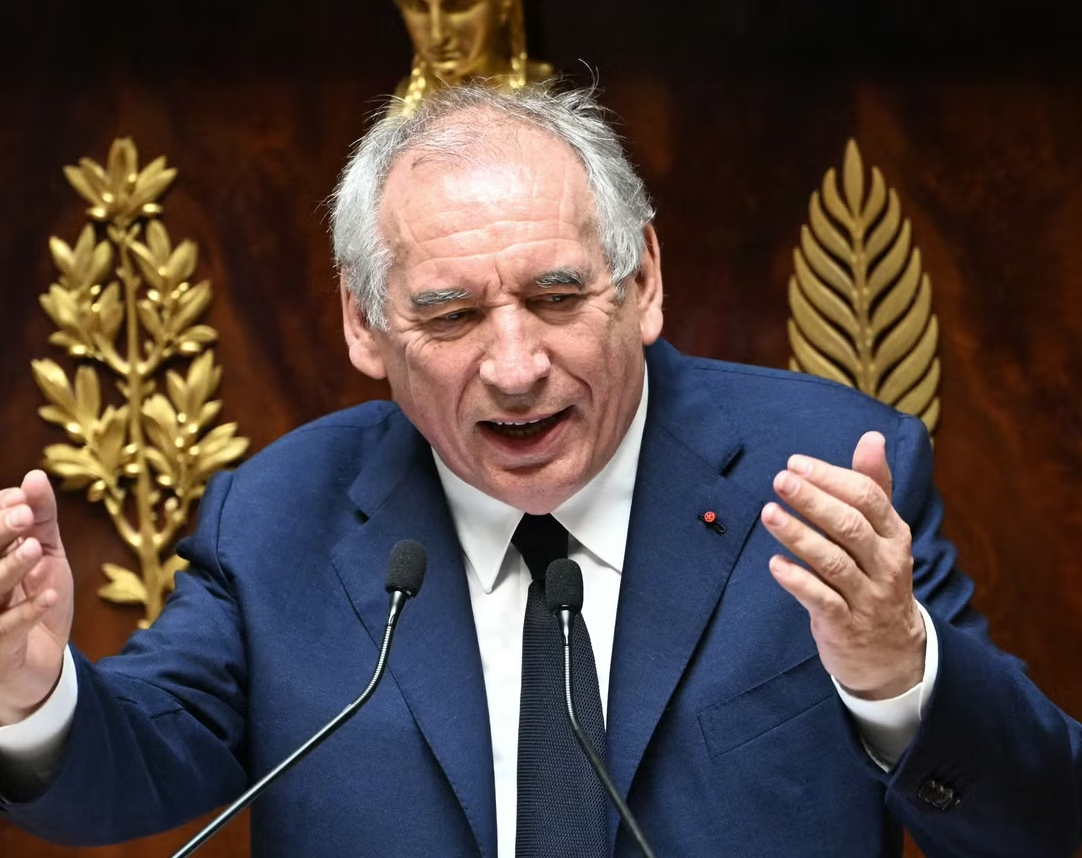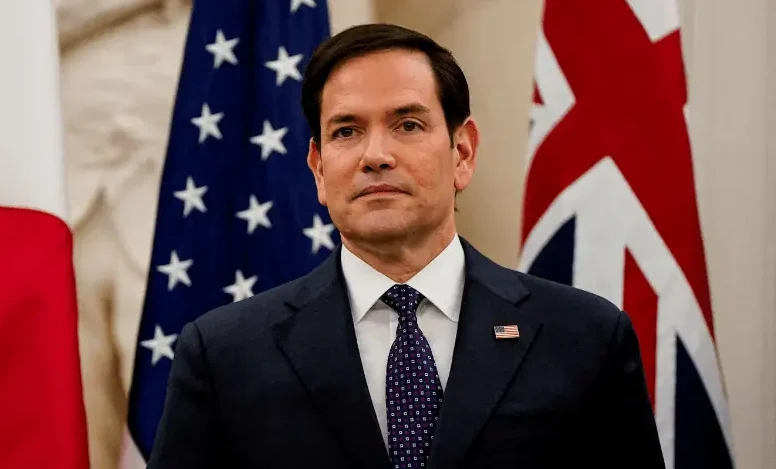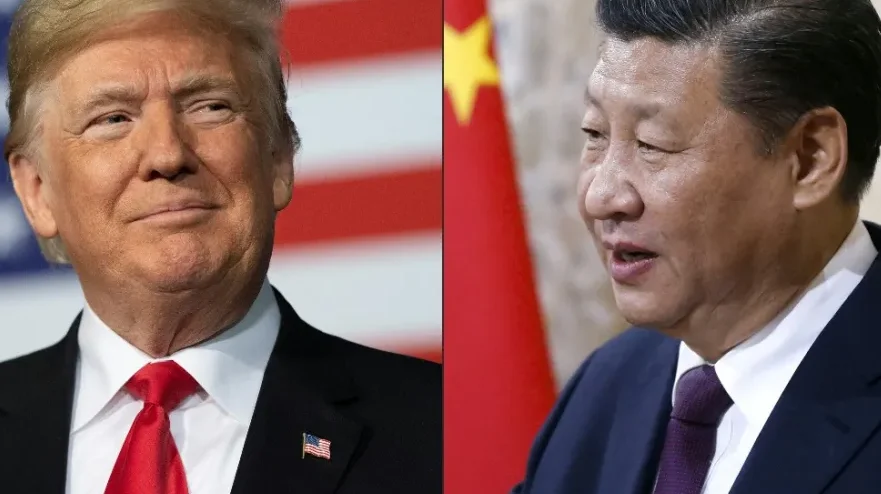Paris —France has been thrown into political turmoil after lawmakers voted to remove Prime Minister François Bayrou on Monday, leaving the country without a government just as it faces mounting economic and international pressures.
Bayrou lost the no-confidence vote by a wide margin: 364 MPs voted against him, compared with 194 in support. He had staked his government on pushing through a €44 billion ($51 billion) savings plan that called for scrapping two public holidays and freezing government spending. The defeat easily surpassed the 280 votes needed to topple his government.
His ouster comes just nine months into the job, following the downfall of his predecessor Michel Barnier, who lost a similar vote last December.
President Emmanuel Macron is expected to appoint a new prime minister within days, but Bayrou’s departure leaves him with limited and politically risky choices.
Financial markets reacted quickly. Yields on French government bonds climbed above those of Spain, Portugal and Greece — countries once at the heart of Europe’s debt crisis. A possible downgrade of France’s credit rating later this week could deepen the economic blow.
“You have the power to bring down the government, but you do not have the power to erase reality,” Bayrou warned lawmakers before the vote, pointing to rising costs and France’s ballooning debt.
A crisis years in the making
The instability stems from Macron’s decision last year to call a snap election after the far-right National Rally surged in the 2024 European Parliament vote. The gamble backfired, leaving France with a fractured parliament where neither Macron’s centrists nor the opposition can command a majority.
Bayrou is expected to formally resign Tuesday morning. Among the possible successors are Armed Forces Minister Sébastien Lecornu and Justice Minister Gérald Darmanin, though the role is widely seen as a poisoned chalice.
Macron is under growing pressure to step aside or dissolve parliament. Far-right leader Marine Le Pen has demanded fresh elections, which polls suggest would strengthen her party further. Yet any new centrist prime minister is likely to face another swift no-confidence vote, with both the far right and far left vowing to block such a choice.
Forming a stable government looks nearly impossible. The left wants higher taxes on the rich and to roll back Macron’s business tax cuts, while conservatives strongly oppose those measures. That leaves France’s fiscal troubles unresolved.
An Elabe poll last week showed the National Rally would come out on top if new elections were held, with the left in second place and Macron’s bloc trailing in third. Many now expect the far right to eventually take power, either through parliament or in the 2027 presidential race.
Anger moves to the streets
Public frustration is growing. Far-left groups have called nationwide protests for Wednesday under the slogan “Let’s block everything,” while trade unions are planning another round of demonstrations on September 18.
The timing could hardly be worse. With wars raging in Ukraine and the Middle East, France’s domestic chaos risks weakening Europe on the global stage — something that Russian President Vladimir Putin and former U.S. President Donald Trump have long relished.






